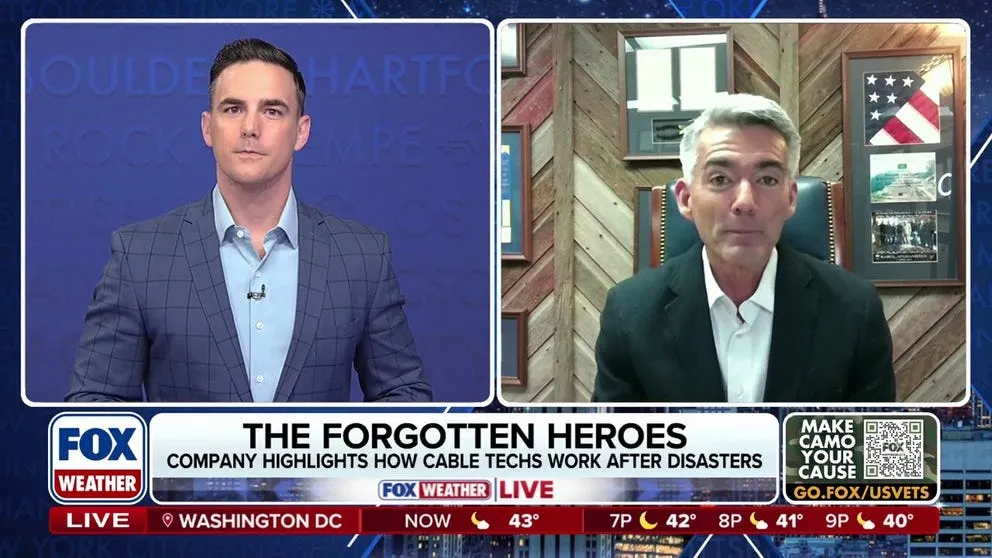In honor of Women’s History Month, NCTA gathered insights from female executives in the industry on women’s portrayal in the media, what it’s like to be a woman navigating the industry, the challenges they face, important achievements, and feedback they have to offer for aspiring women leaders in cable.
“It’s a good time to be a woman in content creation and distribution,” said D’Angela Proctor, TV One’s senior vice president of original programming and production. “It’s still not where it should be, but it’s better than it was before.” Proctor pointed to Issa Rae, Ava DuVernay, Gina Prince-Bythewood, and Lena Waithe–all successful women who were recently welcomed to direct scripted dramas because of the one shot that was given to them. That shot comes around maybe every 10 years, explained Proctor. “People are more emboldened now to give women opportunities, because they are seeing that it’s ok,” said Proctor.
According to TV One General Manager Michelle Rice, 62 percent of TV One’s audience is female, and the network makes a point to convey women as strong, positive citizens and contributors to society in its storylines. A lot of this goes back to the fact that TV One has many women at the helm within the creative team. “There’s going to be very little tolerance for programming and scripts that don’t portray women as their authentic, true and strong selves,” said Rice.
This falls in line with what Maria Brennan, President and CEO of WICT, said about female leadership: “When you have women in the senior ranks, you tend to see them hire more women, which is good, because we need more critical mass when it comes to women being in the industry.”
Another area that Rice and Proctor emphasized as important to empowering women is mentorship–or sponsorship. “Women have mentors, men have sponsors, there’s a BIG difference,” said Rice. A “sponsor” in this sense is someone an employee networks with who ends up helping that employee get on the fast track, which rarely happens for a woman, Rice explained. “Women need more of these ‘sponsors.'”
Charlene Keys, area vice president of field operations for Charter’s western North Carolina area and one of WICT’s Woman to Watch honorees, also commented that having a strong network of peers supporting her growth was instrumental in getting her to where she is now in her career. A 13-year veteran in the industry, Keys said she was strongly supported at her previous company, Time Warner Cable, by former CEO Rob Marcus. “For almost 12 months, I had a 30-60 minute biweekly telephone call with the company’s CEO where we discussed business challenges and possible solutions, and my individual development plan,” said Keys. “Mr. Marcus was completely invested in the process, and for me it was an invaluable experience.”
As a Betsy Magness Leadership graduate, sponsored by WICT, and a participant in the Cable Executive Management at Harvard program, sponsored by CTAM, Keys explained that these kinds of programs are crucial to helping bring out a broad range of leadership styles in women that end up driving executive success throughout the industry. She added that to help women grow and succeed, companies need to “ensure that all women have the same opportunity for advancement as their peers, and provide stretch assignments for women to promote additional growth and visibility.”
But in going back to risk-taking, women also have to take the initiative themselves and go around the system, said Rice. Proctor added, “We [women] should wear bracelets that say, ‘What would a man do?'” She further elaborated that too many women quit when fear and obstacles get in their way. Case in point, said Proctor, when a woman looks at a job prospect, she’ll walk away just because her experience might not check off every single box, but a man will usually lean in even if he doesn’t meet all of the qualifications, apply for the job, expect the offer and land the opportunity.
“A lot of times women fear failure,” Rice agreed. “But step up to that job where you don’t know everything. Look at it as an opportunity to learn and to grow. Do it afraid. Sometimes you get to the other side and you find your success.”









